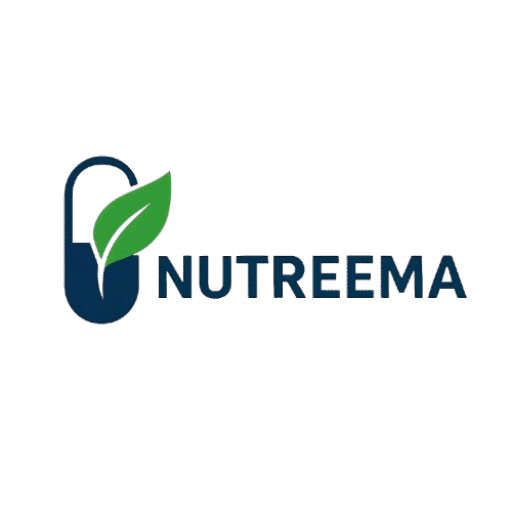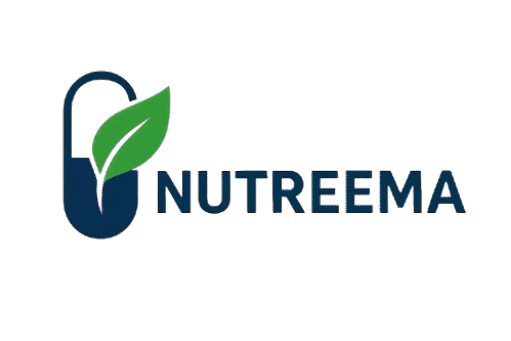Multivitamins are one of the most commonly used dietary supplements worldwide. But with conflicting research and expert opinions, many wonder: Do multivitamins actually improve health, or are they just an expensive placebo? Let’s dive into the science to determine who truly benefits—and who might be wasting their money.
What Does the Research Say?
1. No Significant Mortality or Disease Prevention Benefits
Large-scale studies, including:
-
The Physicians’ Health Study II (14,000+ men, 11 years)
-
A 2022 JAMA meta-analysis (390,000+ adults)
Found no meaningful reduction in:
✔️ Overall mortality
✔️ Heart disease risk
✔️ Cancer incidence
Exception: Some studies suggest a modest cancer risk reduction in men (but not women).
2. Limited Cognitive Benefits
-
COSMOS Trial (2023): No cognitive improvement in older adults taking multivitamins.
-
However: Those with poor baseline nutrition showed slight memory benefits.
3. Mixed Results for Immunity
-
Modest reduction in sick days (studies on specific populations).
-
No replacement for vaccines or a balanced diet.
Who Actually Needs a Multivitamin?
✅ Beneficial For:
| Group | Key Nutrients Needed | Notes |
|---|---|---|
| Pregnant Women | Folate, iron, DHA | Prevents neural tube defects |
| Vegans/Vegetarians | B12, iron, zinc, omega-3s | B12 deficiency is common |
| Older Adults (50+) | B12, vitamin D, calcium | Reduced absorption with age |
| Malabsorption Conditions (Crohn’s, celiac) | Fat-soluble vitamins (A,D,E,K) | Often deficient due to poor uptake |
| Restrictive Diets | Varies (e.g., keto = magnesium) | Helps fill nutritional gaps |
❌ Likely Unnecessary For:
✔️ Healthy adults eating a balanced diet
✔️ People already taking targeted supplements (e.g., vitamin D + magnesium)
✔️ Those using multis to “cancel out” poor eating habits
The Problems with Multivitamins
1. One-Size-Fits-All Formulas Are Inefficient
-
Many contain:
✖️ Too little of what people actually lack (e.g., magnesium, vitamin D)
✖️ Too much of rarely deficient nutrients (e.g., synthetic vitamin E)
2. Absorption Issues
-
Mineral forms matter:
-
Calcium carbonate (common in multis) → Poorly absorbed
-
Magnesium oxide → Less bioavailable than glycinate/citrate
-
3. Potential Risks of Over-Supplementation
-
Excess iron (linked to oxidative stress, especially in men)
-
Vitamin A toxicity (from preformed retinol in some multis)
-
Nutrient imbalances (e.g., zinc depleting copper)
Better Alternatives to Multivitamins
1. Targeted Supplementation
-
Test first: Check levels of:
-
Vitamin D
-
B12
-
Iron (ferritin)
-
Magnesium (RBC test)
-
-
Example: A vegan might take:
-
B12 (methylcobalamin)
-
Algae omega-3s
-
Vitamin D3 + K2
-
2. Food-First Nutrient Boosts
| Nutrient | Best Food Sources |
|---|---|
| Vitamin C | Bell peppers, citrus, kiwi |
| Magnesium | Pumpkin seeds, spinach, almonds |
| Zinc | Oysters, beef, lentils |
3. Higher-Quality Multis (If Needed)
Look for:
✔️ Active nutrient forms (methylfolate, not folic acid)
✔️ Chelated minerals (glycinate, citrate)
✔️ No unnecessary additives (e.g., iron-free options for men)
Top Brands: Thorne, Pure Encapsulations, Ritual
Practical Takeaways
🔹 Most healthy adults don’t need multis—focus on whole foods.
🔹 Specific groups benefit (pregnant women, elderly, vegans).
🔹 Testing > guessing: A $100 blood test saves money long-term.
🔹 Quality matters: Avoid cheap drugstore multis with poorly absorbed forms.


